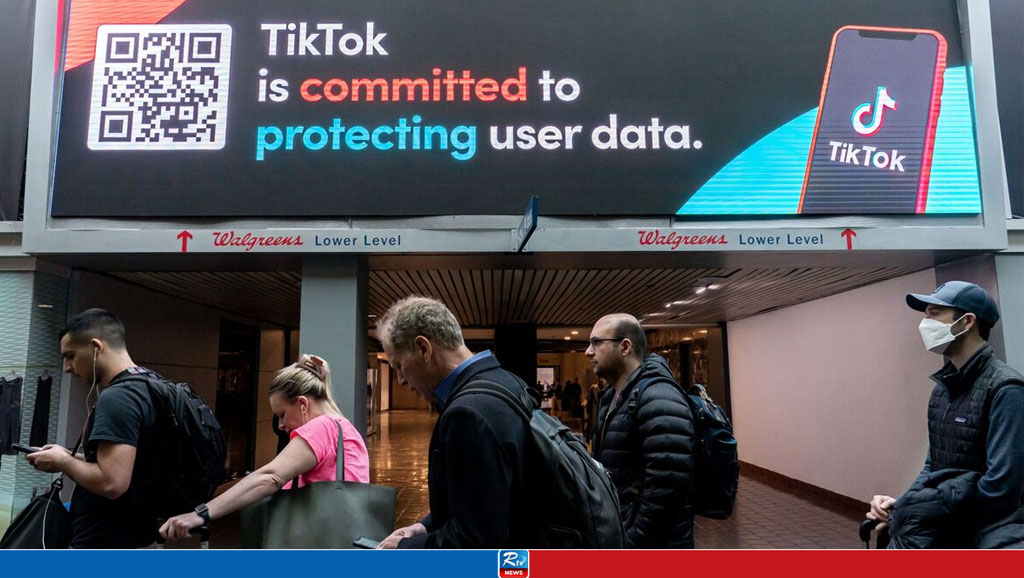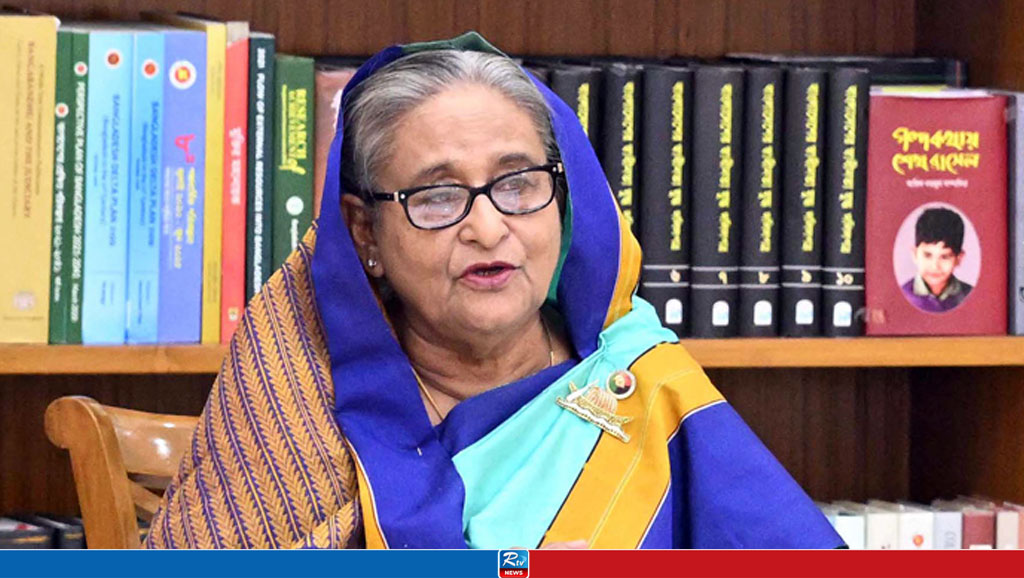How TikTok Became a US-China National Security Issue
Depending on whom you ask, the short-form video platform TikTok is either a showcase for goofy dances and makeup tutorials or a sophisticated threat to US national security. Because TikTok Inc. is owned by a Chinese company, ByteDance Ltd. — and because China requires its companies, upon request, to share any national security-related data with the government — TikTok’s popularity among Americans carries implications beyond the mobile-phone screen. That’s on top of hand-wringing by parents, educators and mental-health experts about whether TikTok’s content and addictive nature are unhealthy for young minds. Renewed efforts by Congress to force TikTok to sell or face a ban in the US have the backing of the White House, even as President Joe Biden’s reelection campaign has started to use the platform to reach younger voters.
1. What makes TikTok different from other social media sites?
All social media platforms collect user data. But TikTok is viewed as the most advanced, and uncannily effective, at learning about your interests — based on how long you stay with a video and whether you like, forward or comment on it. That enables its algorithm to deliver more items of interest to what it calls the “For You” feed. The resulting stream of diverse yet personalized content can be intoxicating enough that it’s hard to stop scrolling. Two-thirds of American teens use TikTok every day, according to a 2022 Pew Research Center survey, with 16% saying they’re on the platform almost constantly.
2. What are the biggest worries about TikTok?
The national security concerns involve hypothetical though not implausible scenarios in which China’s government employs its influence over ByteDance to turn TikTok into an instrument of harm against American interests, through such channels as:
Data collection. Along with what you seem to be interested in, TikTok learns your computer’s unique internet protocol (IP) address and — if you choose to let it — your precise location data and who is on your contact list. TikTok critics say that information could be used to develop profiles of select Americans and subject them to blackmail.
Espionage. A 2020 executive order by then-President Donald Trump broached the possibility that China could use TikTok’s data to “track the locations of federal employees and contractors” and to “conduct corporate espionage.”
Influence operations. US national security officials are concerned that TikTok could try to shape US public opinion by strategically suppressing or promoting certain videos. One official called the app a “Trojan horse” through which China could manipulate American thought.
3. Is there any evidence to back up those concerns?
In December 2022, the chief executives of ByteDance and TikTok admitted that ByteDance employees had inappropriately accessed the IP addresses of American users, including journalists writing critical stories about the company. The Justice Department was investigating whether that amounted to improper surveillance of Americans.
4. What does the company say?
“Let me state this unequivocally: ByteDance is not an agent of China or any other country,” TikTok CEO Shou Chew testified in March 2023 to a US congressional panel investigating the company. TikTok notes that Chew is based in Singapore, the company’s chief operating officer in the US and its global head of trust and safety in Ireland. Chew said TikTok poses no greater risk than US-based video-sharing apps such as Instagram and YouTube. In a bid to assuage worry, TikTok said sensitive data on US users was being moved to servers controlled by Austin, Texas-based Oracle Corp., in an effort known as Project Texas. TikTok also said its source code would be made available for third-party review.
5. What are the other worries about TikTok?
Like most platforms, TikTok welcomes users as young as 13. There are concerns about how much time young people spend watching videos and whether the content undermines their self-esteem by, say, warping their sense of body image. In November, a US judge ruled that TikTok and rival social media platforms must face claims in hundreds of federal lawsuits blaming them for addicting young people to social media. EU regulators have fined TikTok for alleged lapses in protecting the personal data of minors. In July, authorities in the bloc said TikTok needed to do more to comply with its new Digital Services Act, which covers children’s safety online and content moderation. Some viral TikTok trends have proved dangerous. A particularly notorious one, called the blackout challenge, was linked to the deaths of at least 20 children under the age of 15 over an 18-month span.
6. Are governments taking any action against TikTok on national security grounds?
Citing national security, India in 2020 banned the use of TikTok and dozens of other apps developed by Chinese companies. The US has prohibited downloading or using TikTok on federal government devices; the UK, Canada, Belgium and Taiwan, have enacted similar bans. One US state, Montana, went so far as to enact a law prohibiting the download of TikTok by the general public beginning in 2024; TikTok swiftly challenged the law on free-speech grounds. President Joe Biden’s administration has pressed for TikTok to become independent of ByteDance or face a US ban.
The Energy and Commerce Committee of the US House of Representatives voted 50-0 in favor of legislation that would force ByteDance to sell the company within six months. If ByteDance fails to comply, TikTok would be blocked from app stores such as those operated by Apple and Google as well as internet service providers in the US. Additional congressional action is expected in the coming weeks, though the bill does not have any sponsors in the Senate and is sure to be subject to court challenges. Even so, Biden said he would sign the bill if Congress passes it.
7. Can the US really ban an app?
There’s no direct precedent for banning a free consumer technology in the US. It’s more of a thing that would happen in China, which has banned Facebook since 2009. If a US ban were to survive legal challenges, the government could seek to force app store operators to remove TikTok from their menu of offerings. That would become an obstacle to people becoming new TikTok users. More challenging would be finding ways to stop existing users from continuing to access the service.
Source: Bloomberg
10 Mar 2024,23:28
















 Live Tv
Live Tv









